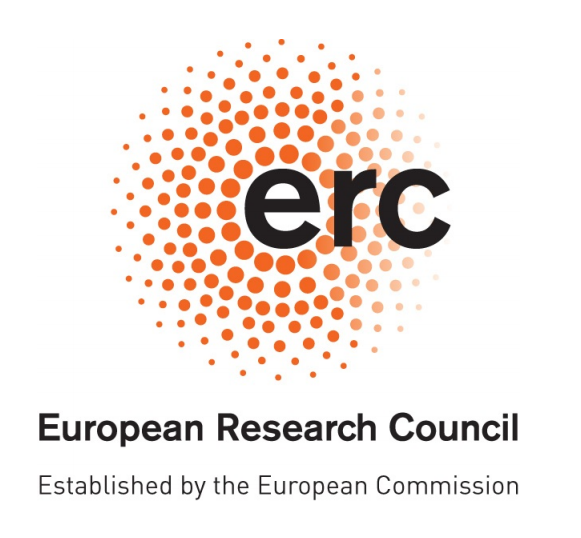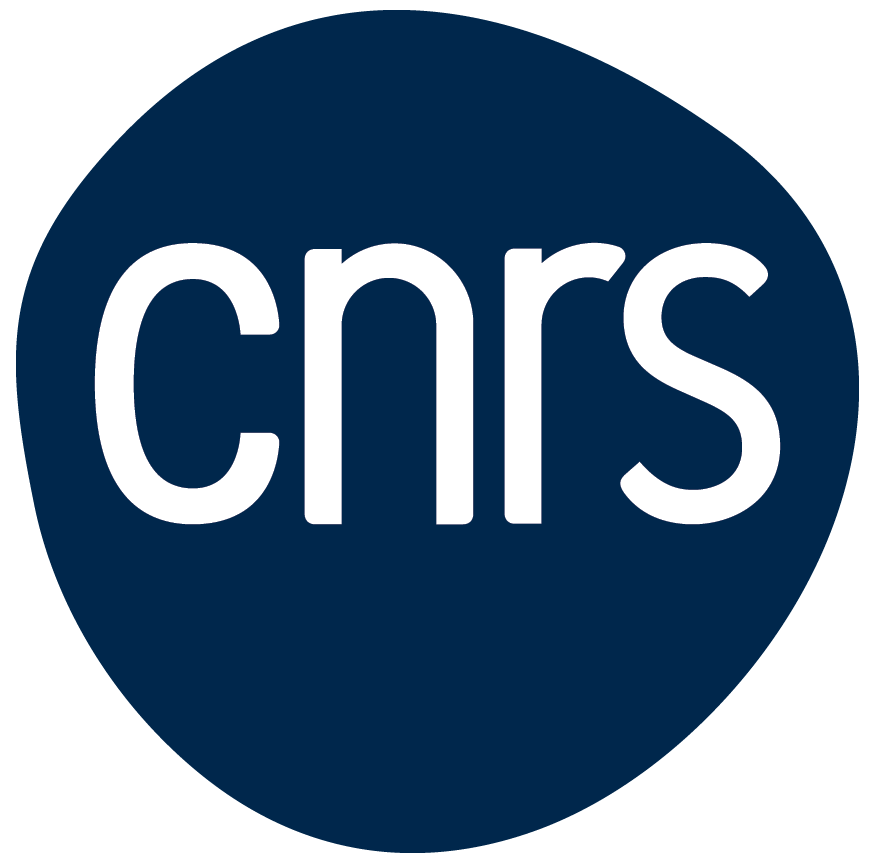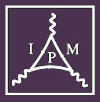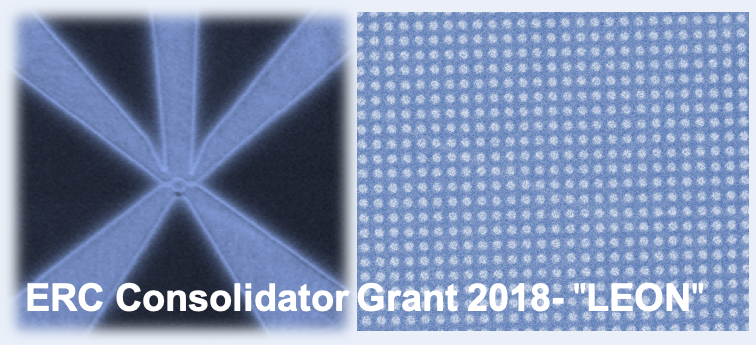
Contact
LS188
GH014a
LE110
LPENS
Laboratoire de physique de l’Ecole normale supérieure
24 rue Lhomond
75005 PARIS
Compact THz lasers based on graphene quantum dots
The ambition of this project is to open new horizons in the field of graphene-based devices for THz technology. The major objective is to develop compact THz amplifiers and lasers operating at room temperature, analogous to the concept of semiconductor lasers in the visible and telecom wavelength range. THz radiation is extremely attractive for fundamental investigations of matter and emerging applications including, for example, security screening, medical imaging and spectroscopy. However, the THz spectral range remains one of the least exploited spectral regions, mainly due to the lack of compact powerful sources. The development of the typical semiconductor-laser scheme emitting at THz frequencies has been seriously hampered by the absence of an appropriate material with a sufficiently small bandgap.
The LEON project addresses this technological and scientific blocking point with new semiconductor-laser schemes for THz emission centered on the integration of graphene-based materials. Indeed, graphene is potentially an excellent candidate for a THz semiconductor-laser model owing to its ‘zero’ bandgap. However, non-radiative recombination mechanisms, especially Auger recombination, reduce the lifetime of the optical gain to few hundreds of femtoseconds. This phenomenon drastically limits the feasibility of a THz laser. In order to suppress these detrimental non-radiative processes, a new concept is needed. The project proposes to exploit the full discretization of electronic states in graphene quantum dots. This high-risk high-gain project will provide important and far-reaching scientific advances, which cannot be achieved with the current state-of-the-art approaches.
The project LEON aims to integrate the graphene quantum dots into THz waveguides to develop compact THz amplifiers and into high-quality factor THz microcavities to demonstrate compact, powerful and efficient THz lasers operating at room temperature. The project will exploit these new THz amplifiers and lasers in homeland security and wireless telecommunication applications.
